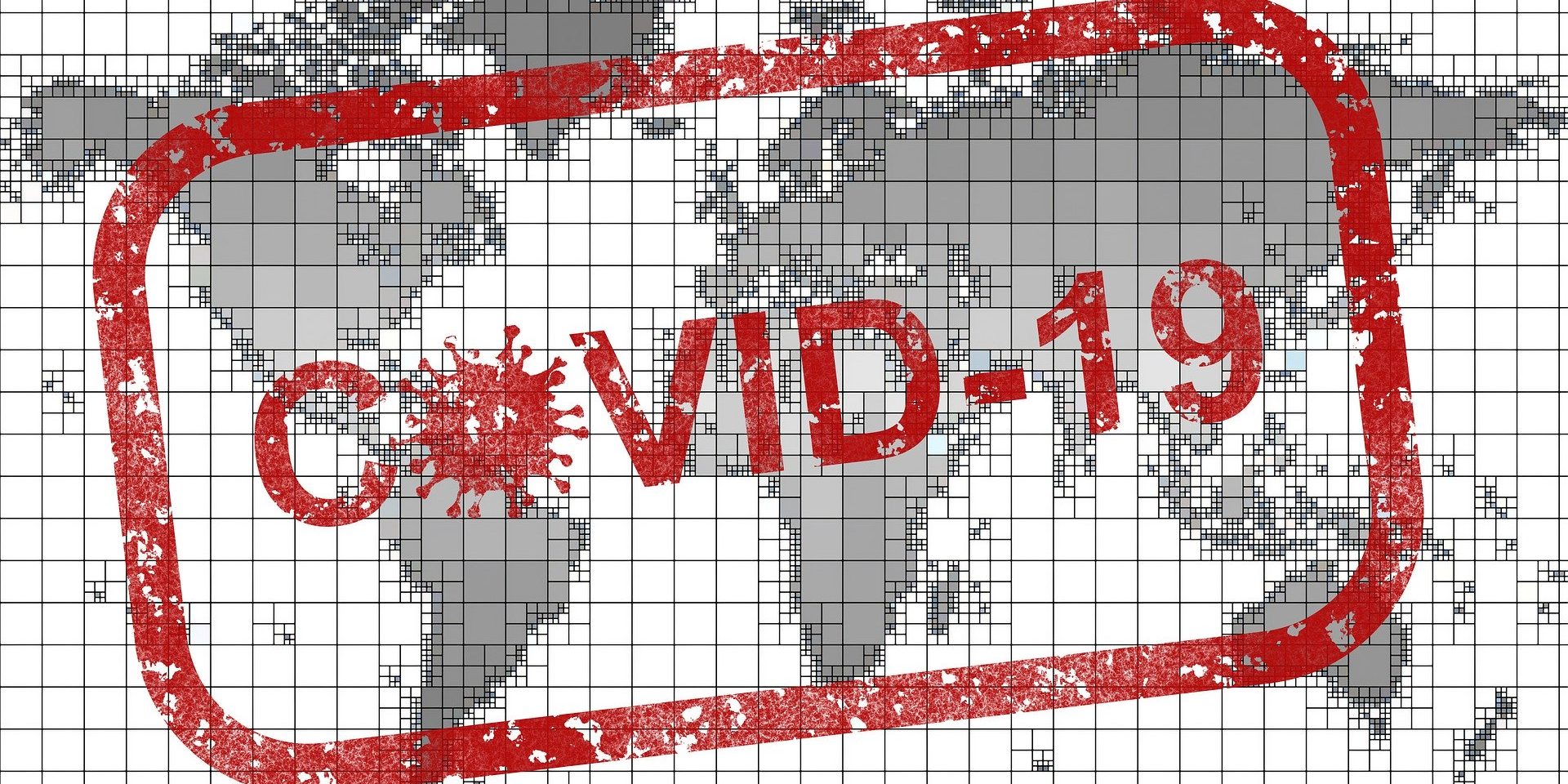Many of the world’s low- and middle-income countries are still in the early stages of the COVID-19 pandemic, but the impact is already being felt. Health systems are strained in Ethiopia and Yemen; more medical staff are needed in countries such as Haiti and Mongolia. Millions of children can’t go to school in Pakistan and need solutions for remote learning. The risks posed by the coronavirus are especially high for millions of people who live in poverty or have only recently emerged from it.
The World Bank Group is acting quickly to step up support as countries respond to the COVID-19 crisis and face a wide range of consequences, including the risk of global recession.
With approval today from its Board, the Bank Group is immediately launching emergency support through operations around the world. And this urgent help to governments and companies is just the start of a broader effort. Given the unprecedented challenges that COVID-19 poses, the Bank Group expects to deploy up to $160 billion over the next 15 months to help countries protect the poor and vulnerable, support businesses, and bolster economic recovery.
In stressing the vital role that the World Bank Group institutions can play, President David Malpass noted that “The poorest and most vulnerable countries will likely be hit the hardest.” He emphasized that “The World Bank Group is taking broad, fast action to reduce the spread of COVID-19 and we already have health response operations moving forward in over 65 countries.”
Special provisions for fast-track financing are allowing an initial group of World Bank projects totaling $1.9 billion to get underway quickly in 25 countries. Bank teams are also working with clients to rapidly redeploy a further $1.7 billion from existing projects to urgent pandemic response and recovery. This includes restructuring and use of projects’ emergency components as well as contingent financing instruments designed for catastrophes.
The focus of these first efforts is to help health systems tackle the immediate challenges of COVID-19. For example, in countries ranging from Afghanistan and Haiti to India, Mongolia, and Tajikistan, the financing will help bring more medical staff onboard and ensure that they are well trained and equipped to deliver emergency care. In countries like Ecuador and the Kyrgyz Republic, it will help ensure that public outreach that gets strong prevention and protection messages to citizens in the short and medium term. And in Djibouti, Ethiopia, and Yemen, among other countries, the increase in resources to fight the pandemic will also support long-term efforts that strengthen and build the capacity of the national health system.
The Democratic Republic of Congo illustrates the range of help that the Bank’s projects will provide, from early detection of the virus to contact tracing, a cordon sanitaire to limit the spread from the capital, and large-scale public information campaigns. The financing will also equip and rehabilitate key primary care facilities so that they can operate at the standards needed to combat the pandemic.
In Pakistan, the Bank’s support will be crucial to making remote learning available for 50 million children whose schools have had to close. The emergency financing here will also enable basic food to reach 40,000 people whose movement will be restricted for up to 6 months, and it will train health workers to watch for and help prevent gender-based violence in households under quarantine.
In addition to the World Bank projects, the emergency financing includes $8 billion from the International Finance Corporation (IFC), where work is underway to help the private sector cope with the pandemic. Experience from previous shocks shows that keeping companies solvent is key to saving jobs and limiting the economic damage. In addition to new investments, IFC is extending trade finance and working capital lines to clients. Many Bank Group efforts will also continue to focus on smaller businesses, so that they can resume their key contribution to growth and jobs in many client countries.
Supplementing the direct assistance to governments and private firms, the Bank Group is working to address disruptions in global supply chains, so that countries have access to critically needed medical supplies. The World Bank is reaching out to suppliers on behalf of governments to help ensure that suppliers can deliver throughout the global emergency.
The Bank Group’s broader economic program is also quickly taking shape and could provide up to $160 billion in support to client countries over the next 15 months. One of its first components will be $6 billion for expedited loan guarantees from the Multilateral Investment Guarantee Agency (MIGA). This will enable the purchase of urgent medical equipment and provide working capital for companies, including smaller businesses, while also supporting governments’ short-term funding needs.
Through financing and a wide range of technical support, the Bank Group will work to help countries shorten their time to recovery and lay the foundations for future growth. And across all the efforts to combat COVID-19, the focus will be on solutions that can help countries ensure protection and restore opportunities for their poorest and most vulnerable people.
Source: The World Bank
“Developed and developing countries were not, are not and will never be ready for such a health crisis. It is obvious that the solidarity mentioned here above, which lasts a year and a half, will soon be put in the closet in less than a year. It is clear that developed countries will store their stock of masks at the next presidential elections and it is clear that human nature will regain the upper hand once the notion of survival ends and gives rise to the eternal notion of profit. So let’s not kid ourselves, in a few months, almost nothing will have changed except a few thousands of deaths. Let’s just hope that the exceptions made to the usual rules of demagogy will be more important than expected.” – Carlos Khoury









